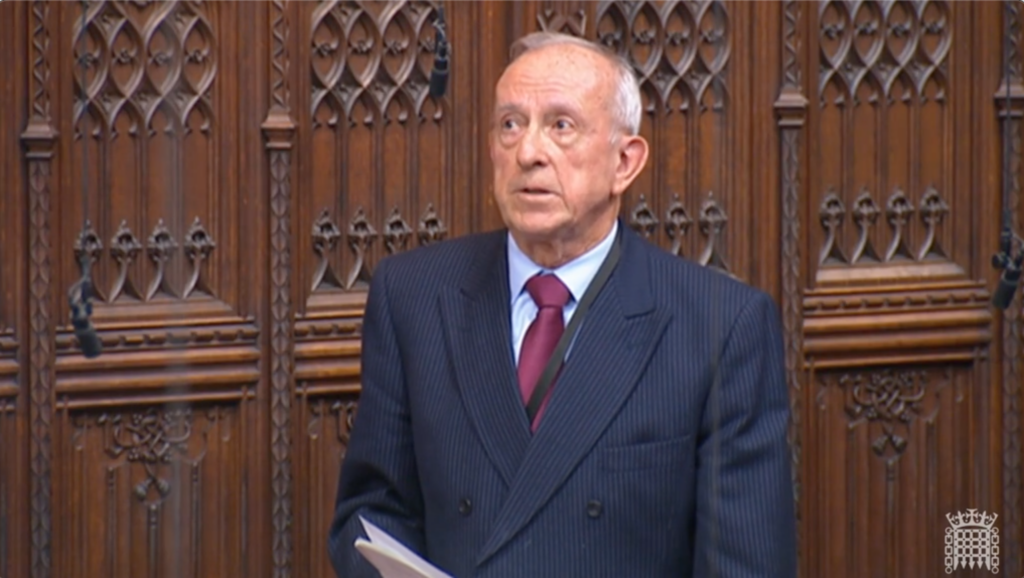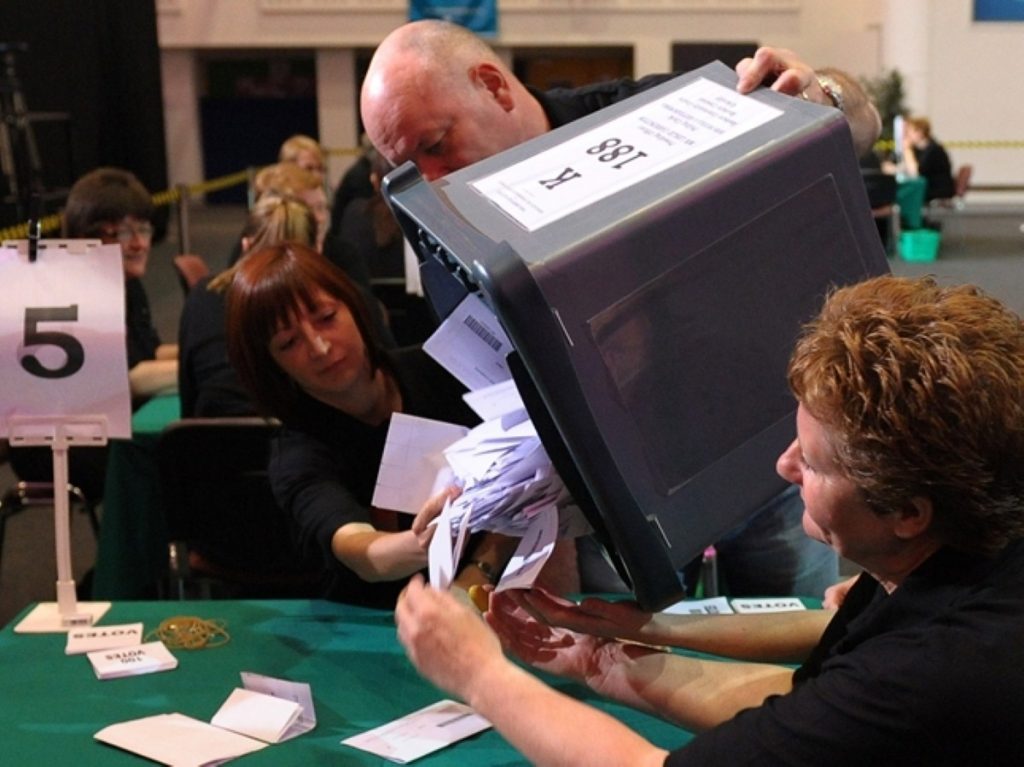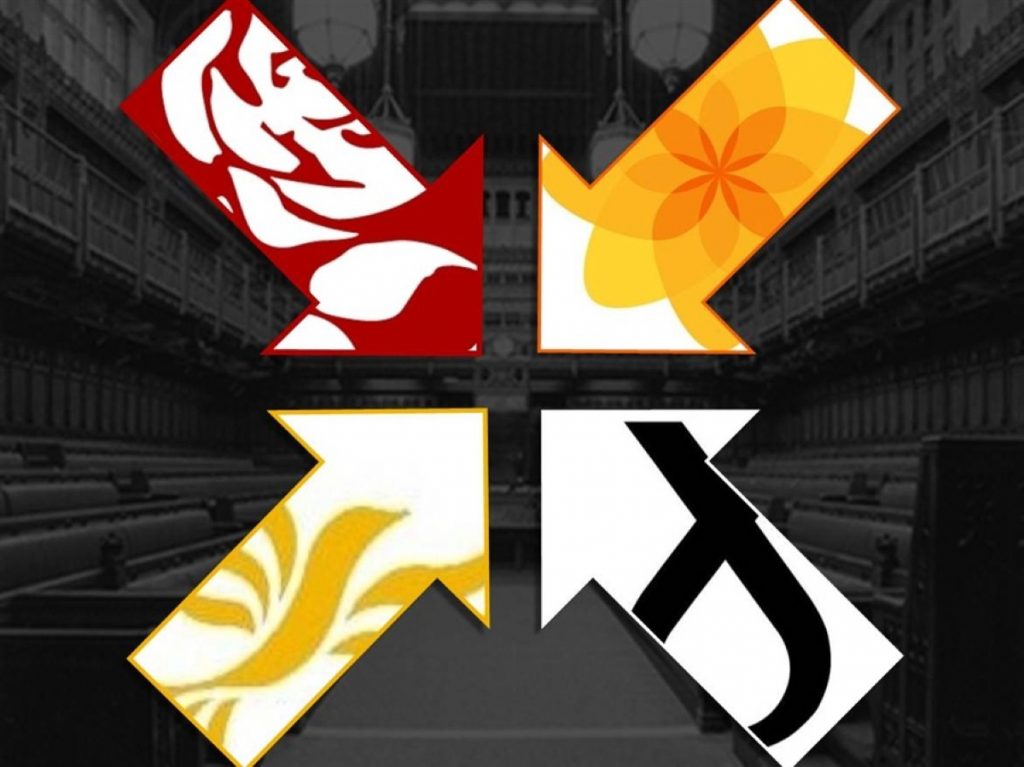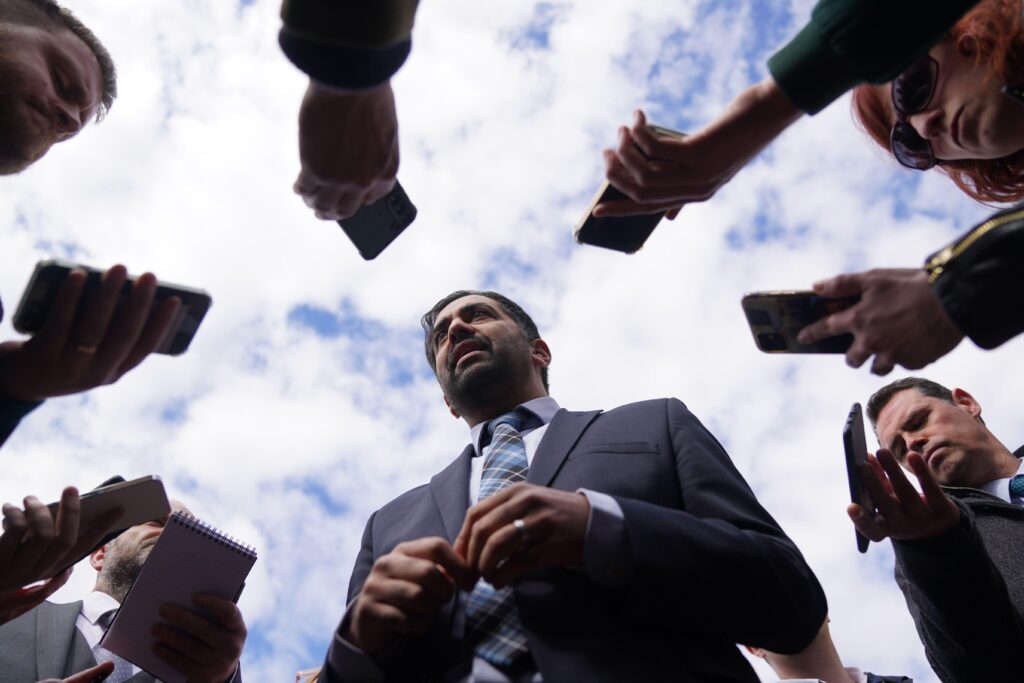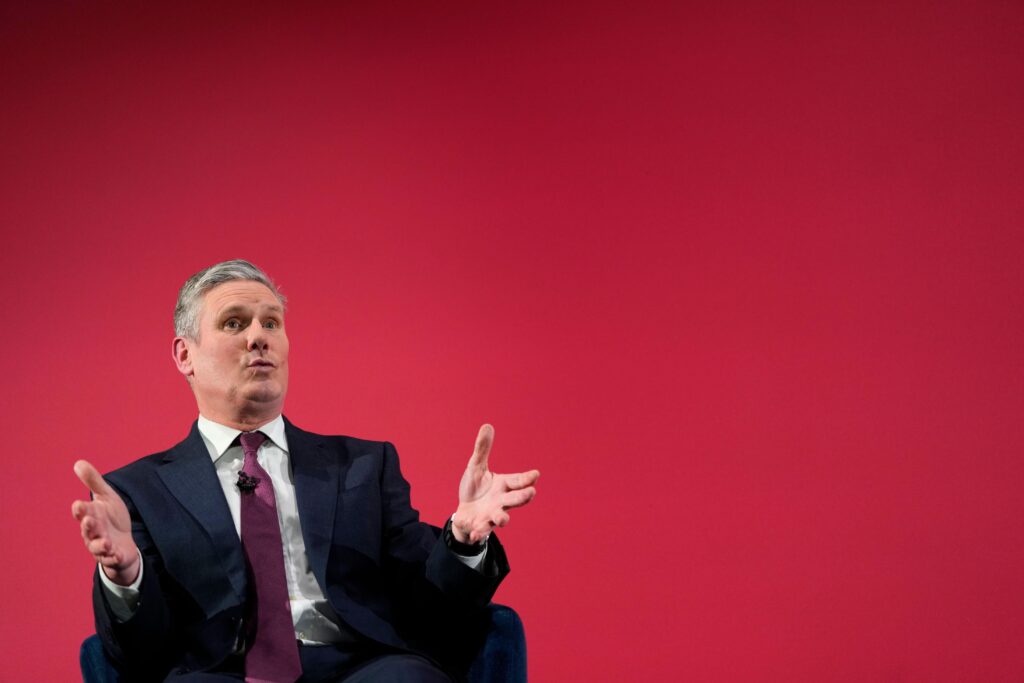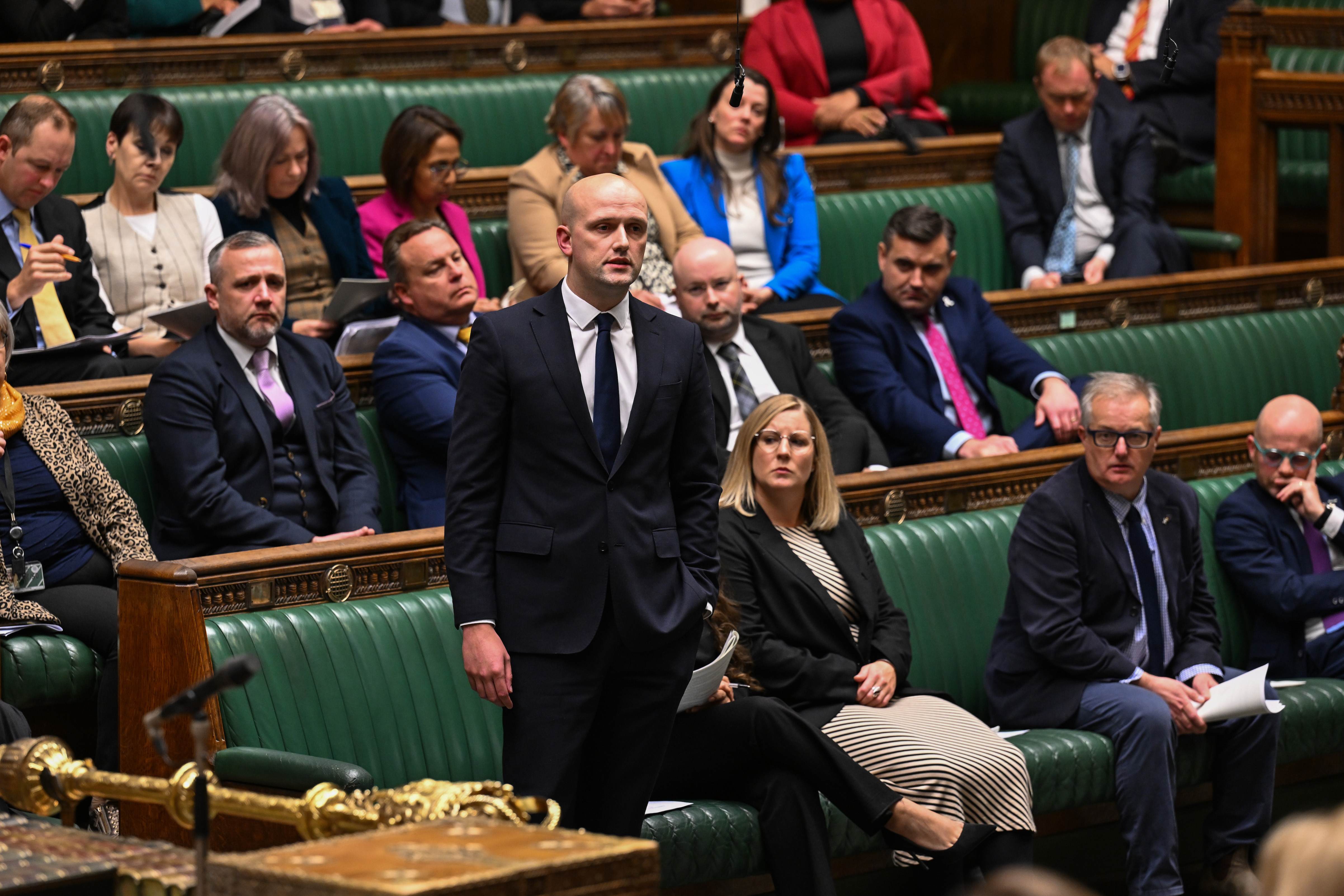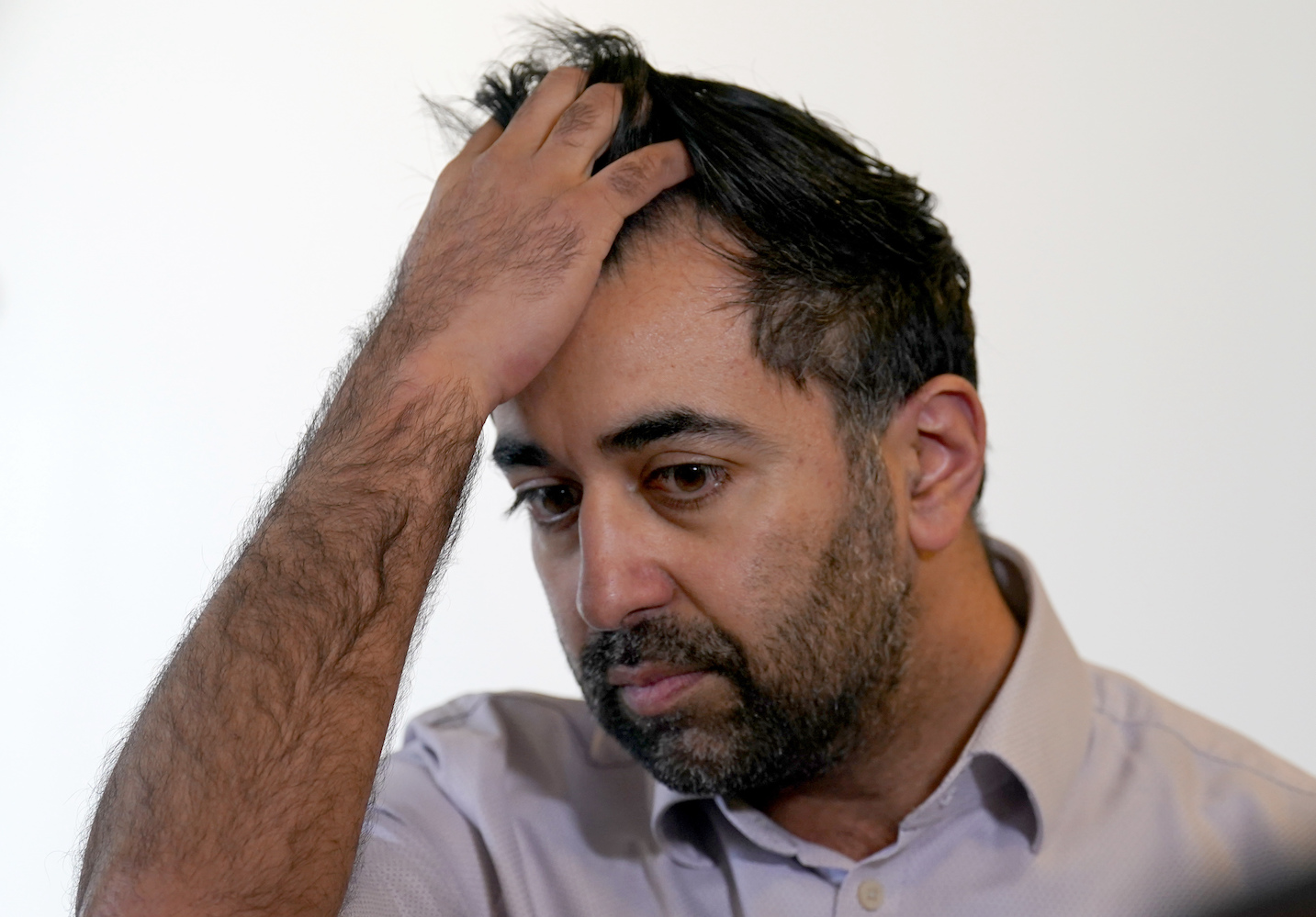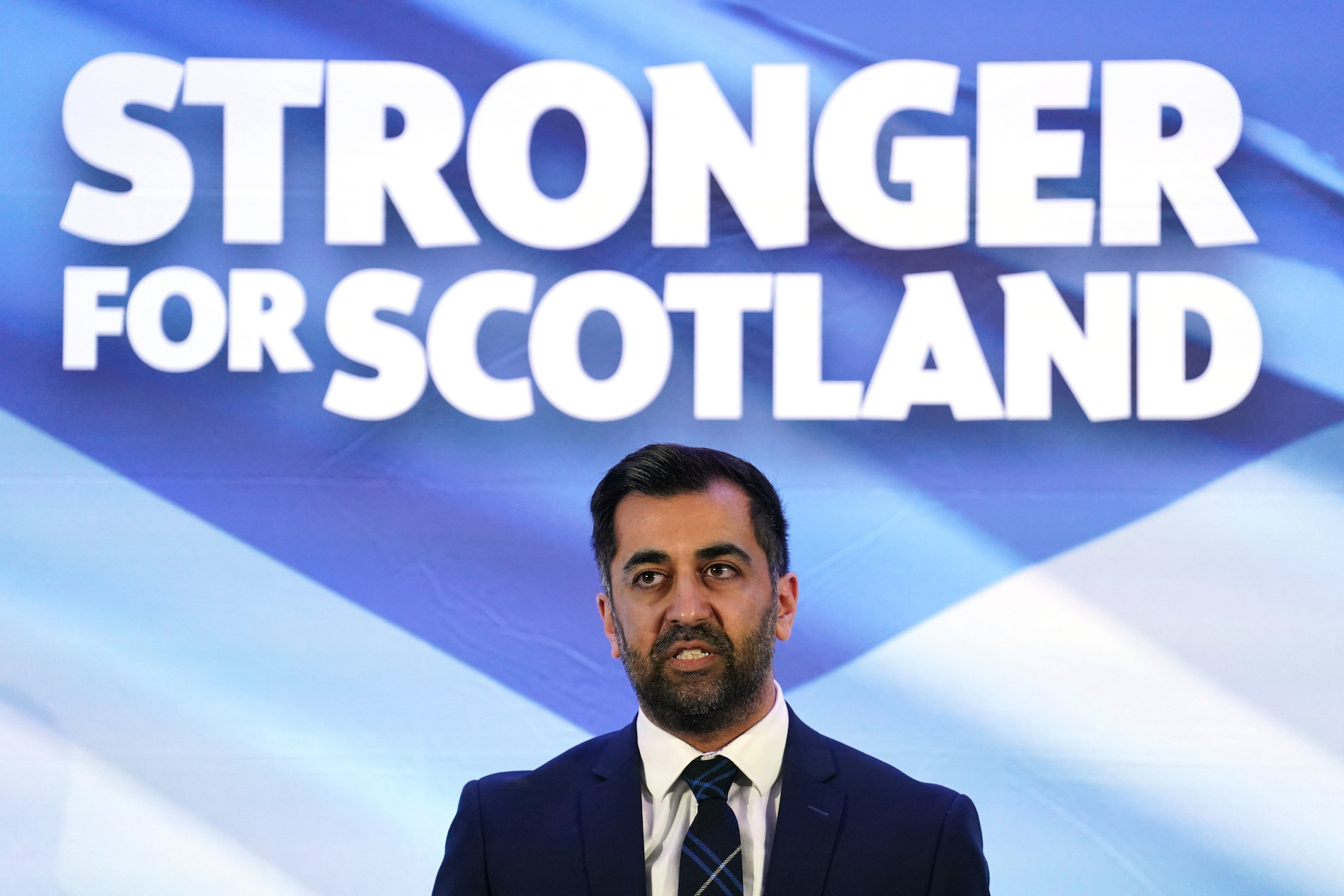In the three weeks running up to April 24 2024, the Labour Party enjoyed an 19% opinion poll lead over the Conservatives. Polling averages extrapolated placed Labour on 43.3%, the Conservatives on 24.0%, and the Liberal Democrat party on 9.3%.
If this April 2024 polling data was to feed through to votes in a General Election, then according to politics.co.uk analysis, Labour would be able to form an outright government with a working majority of 84 seats.
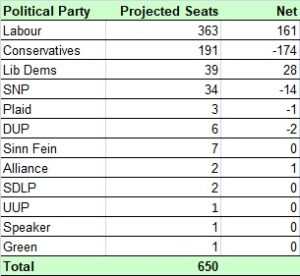
Are opinion polls accurate?
Ever since the first Gallup polls were produced in the 1930s, opinion polls have become a feature of British politics.
Yet, can opinion polls be relied upon? The recent evidence is not always convincing:
In June 2016, in the week before the Brexit referendum, 13 opinion polls were published. Taken together, they projected a comfortable victory for the Remain side with the Leave vote averaging just 44.5%. However come polling day, the Leave side was victorious chalking up 51.9% of the vote.
In the 2020 US election, President Joe Biden defeated President Donald Trump by 51.3% to 46.9%, a margin of 4.4%. Yet in the week before polling day, American pollsters were projecting that President Biden’s margin of victory would be double that, at over 8%. US pollsters failed to learn from 2016, when Trump won an unexpected victory, recording a vote share that was 4% higher than US pollsters had been predicting.
In the 2017 UK General Election, the average of the 11 major polls published prior to the election, projected that Labour would secure 36.2% of the vote. Yet on polling day Jeremy Corbyn notched up 40.0%, confounding expectations and depriving Theresa May of her Commons majority.
Conversely, throughout the UK 2015 General Election, the polling industry regularly forecast a hung Parliament. Very few of the 92 polls published during that six week campaign ever projected the outright majority that was finally secured by David Cameron as he remained in Downing Street.
Even in 2019, few UK pollsters projected the scale of the Conservative Party’s 80 seat landslide victory. Two days before polling day, YouGov, one of the few pollsters to have got it right in 2017, projected that the Conservatives would win by a majority of just 28.
Why pollsters get it wrong?
Opinion polling will never be an exact science, and the polling industry regularly defends its performance as being within what they describe as their ‘margin of error’.
There are generally two main reasons why pollsters might get it wrong when it comes to voting intention:
The first type of polling error comes in the form of a sampling error. A sampling error is a statistical error that occurs when the results found in the sample (typically 1,000 to 2,000 voters) do not represent the results that would be obtained from the entire population. Furthermore with the British electoral system, national opinion polls can also fail to adequately account for the nuances of how people will vote in a particular individual constituency.
The second type of polling error falls under the guise of bias. This can come about because people do not answer the pollster’s questions accurately compared with how they will actually vote, something often referred to as the issue of ‘Shy Tories’. However it can also be caused by failing to accurately predict whether the person being polled will actually turn up to vote on the day.
In 2018 the House of Lords Committee on Polling and Digital Media called for the reporting of polls to be regulated and media companies to be named and shamed if they fell short.
UK Election Polls – Should they be banned?
In recent years there have been calls for greater restrictions on the activities of polling companies, particularly in the run up to election day.
This debate is sometimes referred to as that of ‘election silence’.
Currently in the United Kingdom the publication of any exit poll is prohibited on election day until the polling stations have closed at 10pm.
Research by Hong Kong University identified 38 countries that go further than the UK and operate a ban on the publication of political polls in the actual run up to polling day.
The length of these bans range from 21 days in South Korea; 15 days in Argentina, Greece and Italy; 7 days in Columbia, Cyprus, Peru and Romania; to 3 days in Canada, the Czech Republic, and Mexico.
Election Polls – The case for election silence?
Those critical of the publication of opinion polls in the run up to elections tend to make three main arguments.
Firstly criticism is made of the negative way in which opinion polls can shape an election campaign.
Throughout the 2015 General Election in the UK, polls projected a hung Parliament. Rather than the respective party’s being properly interrogated on the merits of their own policies, opinion poll data led to the election campaign being dominated by an endless narrative of whom might enter a coalition with whom.
In the 2016 US Presidential campaign it is suggested that President Trump used the opinion polls to frame himself as an outsider, and to galvanise his support as apparent loser.
Secondly critics point to the role that opinion polls play in ‘dumbing down’ politics.
It is suggested that some people like to vote for winners, and that being ahead in the polls provides a degree of social proof, which in itself influences voting behaviour. The suggestion runs that just like music buyers, voters use what is popular as a guide to what is good. In turn this deters certain people from delving into the details, when deciding on how to vote.
It is argued that the obsession with opinion poll data removes any sense of principle and cause from the political debate. With every announcement, gaffe, or speech analysed for its effect on opinion poll data, politicians are likened to little more than management accountants with a profit and loss account. Everything they do or say is said to be dominated by the impact it is seen to have on their voting intention rating.
Thirdly it is suggested that election polls reduce voter turnout.
Where election silence leads to the result being genuinely unknown, the publication of multiple opinion polls can cause the result to feel like a foregone conclusion. It is suggested that people then don’t feel the need themselves to actually go and vote. To this end it is suggested that the large poll leads enjoyed by Tony Blair accounted for the significantly lower voter turnout seen in both 2001 (59.4%) and 2005 (61%).
Supporters of smaller parties also claim that opinion polls reduce their potential support. By suggesting that the third party has already lost, polls are said to play to the narrative that a vote for a smaller party will be a ‘wasted vote’.
Election Polls – The arguments against a polling ban
Those opposed to any ban on general election polls in the run up to voting day point to what would likely happen should official polls be banned.
Attention is already drawn to what happens when polling data is scarce and to how so called ‘private polling’ frequently makes its way to the front of election literature, often in the form of a blunt bar chart, stating that only a said party can “win here”.
Commercial pollsters reaffirm that at least their opinion polls are scientifically conducted.
Moreover it is argued that any polling ban would likely be ineffective.
It is suggested that rumour and spin would still continue, but now people would focus on alternative and unscientific indicators, like the betting markets. In the face of any ban, polls might still be privately commissioned and then published abroad, with their findings simply making their way back into the UK through social media.
Finally opponents point to how a ban on election polls represents something of a ban on free speech.
It is argued that there is nothing wrong in voters being aware of what other people are thinking. In this sense, it is said that an election should not be equated with a school exam or spelling test. In short, there is no rule that says that a person has to come up with their answer all by themselves.
As such the existence of opinion poll data is presented as just one part of the data mix. Some suggest it may even be preferable to the practice of campaigning organizations buying election advertising with the deliberate intention of seeking to change voters opinions.









